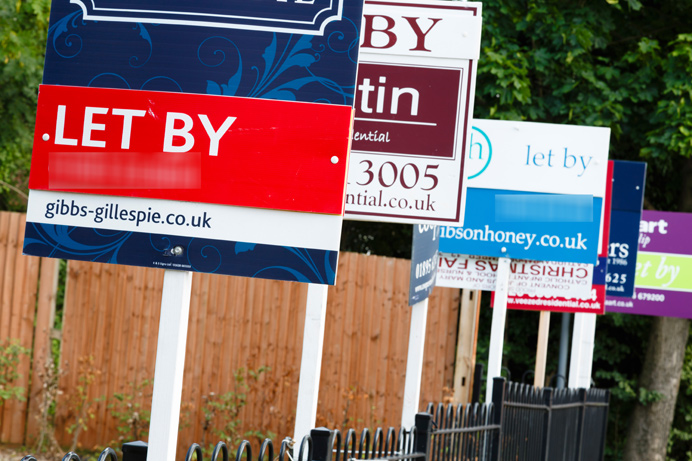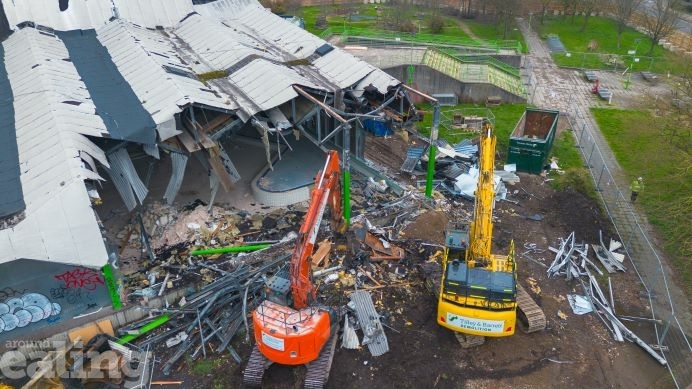Ealing Council is helping to improve conditions for those who rent privately-owned homes – and the borough has the highest number of ‘accredited’ landlords in London.
Indeed, around 830 of Ealing’s private landlords are accredited with the London Landlord Accreditation Scheme (LLAS). The LLAS asks that landlords comply with a code of conduct and fulfil a fit and proper person requirement. It also provides training and development for landlords.
Most of the borough’s landlords, and the tenants who rent their properties, are responsible and considerate. However, with around 36,000 homes in the borough’s private rented sector there will inevitably be some who fall short of the mark. Council officers are on constant lookout for problems such as dilapidated homes, overcrowding, domestic noise, unkempt gardens and fly-tipping, which can cause nuisance and distress for tenants, neighbours and the local community.
‘It put our tenants’ minds at ease’
Kingdom Houses is an Ealing-based landlord which believes accreditation is a benefit to both landlord and tenant. Dawid Joubert, of Kingdom Houses, said: “We were very pleased with the professionalism of the London Landlord Accreditation scheme and the operators who ran it. They provided theoretical knowledge, practical guides, and referenced actual court cases to back up their advice. In addition, they provided me with a complete checklist on how to make sure that, as a landlord, I provide tenants with every single thing they need to enjoy the property whilst covering myself legally. It also benefited our tenants by putting their minds at ease knowing that we are looking out for them.”
Council officers also advise landlords on works needed to address issues such as damp, mould, water leaks, electrical defects, dangerous staircases, fire safety, blocked drains and structural defects. Landlords are then expected to bring their properties up to standard.
Empty property grants
Ealing Council offers discretionary grants of up to £15,000 to assist landlords with properties that have been empty for six months or more.
Grants are issued on the condition that homes are brought up to standard and then let through the council to families in urgent need of decent housing. The council also operates a free matchmaker scheme which links up owners of empty properties with potential buyers.
Find out more on the council’s website.
Licensing privately rented sector
As already stated, most landlords are responsible and more and more are becoming accredited. However, some landlords and some properties fall below the required standards. And 11 private landlords have been prosecuted by the council as a result of complaints made in 2014/15.
Therefore, the council is looking to improve the overall standard of homes available to rent privately in the borough and, earlier this year, conducted a public consultation on proposals to introduce two new licensing schemes.
Under the suggested licences, landlords would have to comply with several conditions relating to the management and condition of the property, including gas, electrical, fire safety and the facilities provided. A written tenancy agreement would be required and the landlord must take action against any anti-social behaviour.
The consultation ended in April and a report is due to be discussed at a cabinet meeting in July.
‘Improving the quality’
Councillor Ranjit Dheer, cabinet member for safety, culture and community services, said: “We are responding to the housing crisis by increasing the supply of decent homes. This includes bringing empty homes back into use, and improving conditions in the private rented sector through accreditation and licensing. Recognising that we need to support both residents and landlords is helping to improve the quality of housing and neighbourhoods.”
Tenants’ rights
If you are a tenant in privately rented property you have rights to:
- Live in a property that is safe and in a good state of repair
- Know who your landlord is
- Live in the property undisturbed
- Be protected from unfair eviction (you do not have to leave immediately because the landlord tells you to) and unfair rent
- Have a written agreement if you have a fixed-term tenancy of more than three years.
For more information visit the private housing page on the council’s website.







